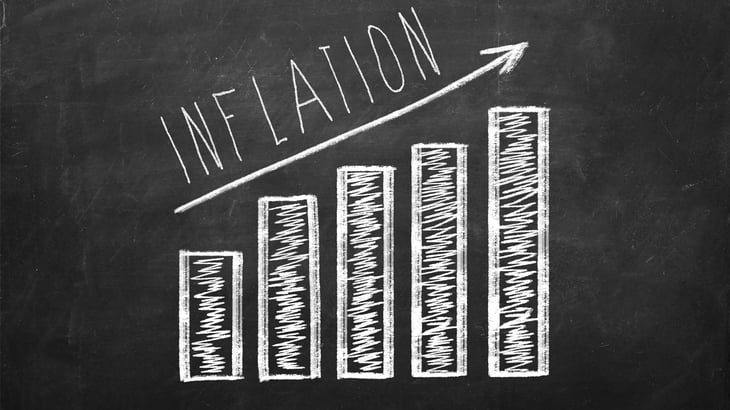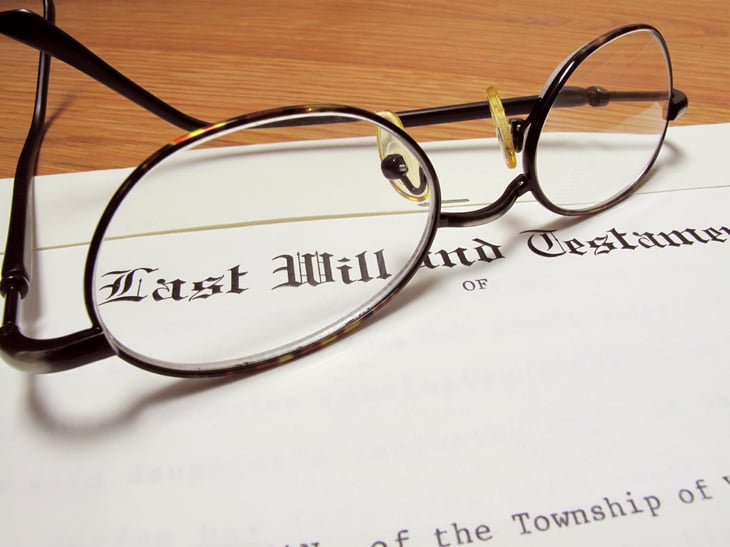
This story originally appeared on NewRetirement.
If you are in your 50s or 60s, you are probably hoping to find the fountain of youth. However, when you plan your golden years, it is best to retire like an adult.
The Merriam Webster dictionary has added “adult” as a verb — not just a noun: “To ‘adult’ is to behave like an adult, specifically to do the things — often mundane — that an adult is expected to do.”
Being an adult means being responsible, dependable, self-sufficient, and maybe even knowing when it is a good time to throw these rules out the window. Examples of “adulting” include: cleaning up after yourself, paying bills on time, and — we would like to add — planning your retirement.
Keep reading for 10 ways to know if you have a reliable plan to retire like an adult.
1. You Know How Much Retirement Income You Will Have

It will do you no good to hide from the truth when it comes to your retirement income. You need to know how much you will have and from what sources.
How much will you get from Social Security? Do you have a pension? An annuity? Will you work part-time for any amount of time? And, crucially, how much will you need to withdraw from savings every month?
The NewRetirement Retirement Planner makes it easy to find out how much retirement income you will have every year. And, you can run different scenarios to determine the best retirement withdrawals strategy for your needs and values.
2. Your Retirement Expenses Remain Below Your Income

The most important rule of personal finance — spend less than you earn — applies to retirement as well. In fact, it is even more important than ever before. The risk you run of overspending is that you will actually run out of money.
The trick is that you actually need to make a good prediction and figure out exactly how much you will spend every year for the next 15 to 30 years.
3. Even Better? You Have Guaranteed Lifetime Income to Cover Basic Expenses

Guaranteed lifetime income is income that you will receive for as long as you live — no matter how long that turns out to be. Social Security and most pensions are the most common examples of guaranteed lifetime income.
Many personal finance experts recommend that in retirement you have sufficient guaranteed lifetime income to cover your baseline retirement expenses — the money you need to spend to get by. Baseline spending includes housing, healthcare, and food.
To accomplish sufficient lifetime guaranteed income you have two choices:
- Reduce your baseline expenditures to fall below the income you will have.
- Increase your guaranteed lifetime income through the purchase of lifetime annuities or other strategies.
Try different scenarios in your retirement plan to figure out something that works for you.
4. You Have Paid Off Debt

One of the greatest threats to retirement today may not be saving too little, but owing too much. A 2020 report from Experian found that baby boomers (those ages 57–74) are carrying a significant amount of debt into retirement.
The most adult way to handle debt is to pay it off before you quit working.
5. You Have Planned for Inflation

When you are working, your wages generally rise as the costs of goods and services increase. Your earnings “keep pace with inflation,” so normal inflation is not generally a big concern. However, when you are living off of savings, inflation literally robs you of income.
The good news is that Social Security and some pension programs (though decreasing in prevalence) adjust your income for inflation. The bad news is that if you are living in retirement by withdrawing from investments or savings, then the value of your money will dramatically decrease over time. You will require far more money to support your lifestyle in the future.
By definition, inflation is when the cost of goods and services increases across the board. Stock prices also rise with inflation for the same reason: As the price of the goods and services a company produces rises, so does that company’s revenue. As a company’s prospects (including revenue) develop and grow, its stock price also tends to rise. As such, stocks can end up serving as a hedge against inflation.
However, as we age, our tolerance for risk decreases. Hence safer investments (such as bonds) become more and more attractive. Reconciling these opposing forces in creating the right asset allocation for you is no easy feat, requiring an understanding of your personal risk tolerance and investment time horizon.
Financial advisers can help you navigate designing an asset allocation strategy that outruns inflation, while managing risk.
6. You Have a Plan for Other Potential Risks

We can not predict the future. However, an adult retirement plan is one that mitigates the potential harmful financial effects of a long-term health event, a natural disaster, a car accident, a stock market crash, or some other unknowable future event.
Having the right insurance products and a dedicated emergency fund can protect you:
- Be sure to evaluate your supplemental Medicare coverage every year.
- Explore ways to cover a long-term care need.
- Evaluate life, housing, and auto insurance needs.
7. You Evaluate Your Plans at Least Quarterly

Retirement planning is not something you do once and then never think about again.
You need to maintain, update, and adjust your plans. It is a good idea to go through the details at least once a quarter and make updates as you and the economy change.
8. You Have a Responsible Plan for Investing Your Savings

Retirement investing is not all about getting the highest return possible. A responsible retirement investment plan matches how and when you need to access the money with your need for growth and security.
It is possible to do this on your own. However, it can also be useful to work with a financial adviser who has deep expertise in stocks, bonds, and other potential financial vehicles.
9. You Have Developed an Estate Plan

Estate planning is a term broadly used to describe a variety of end-of-life planning issues. Your estate plan should include:
- Opportunities to manipulate your assets for tax efficiency and maximum wealth for both you and your heirs
- A detailed description of what you want to happen when you die — a plan for your internment and for the disbursement of your assets and property.
- Instructions for what you would like to happen if you are living but cannot care for or make decisions for yourself
Explore the 11 documents you need for a reliable estate plan.
10. You Have a Dream and a Purpose

Without a plan for life after retirement, many retirees find themselves feeling vaguely unfulfilled and restless, craving something more but not knowing what that something might be. Focusing on the financial aspects of retirement is important, but the personal side of your retirement plan is just as important, and could ultimately guide how you use your retirement assets.





Add a Comment
Our Policy: We welcome relevant and respectful comments in order to foster healthy and informative discussions. All other comments may be removed. Comments with links are automatically held for moderation.